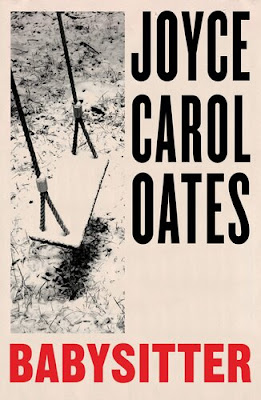“Harlem Shuffle” by Colson Whitehead:
Apart from being a social novel and a morality play about race and power Harlem Shuffle is also a crime novel, at least it follows the laws of crime novels. While the book failed to win me over I understand that for some the pleasure of the plot lies in discovering what kind of trouble an ordinary man can get into, and how or whether he’ll get out.
Harlem Shuffle is set in the 1960s where we follow ordinary furniture salesman Ray Carney, basically a good guy who gets sucked into schemes and heists through his cousin, boyhood companion and best friend, Freddie.
The novel is structured in three sections.
The first Act shows how easily a man can step downward into crime.
In Act 2 we follow Carney’s climb up the echelons of criminal activity. For Carney it might feel like an advancement but it is just an illusion.
In Act 3 Carney is faced with questions of family ties and social responsibility and whether a man should step up to help others. Will Carney get his cousin Freddie out of trouble this time and will he do it regardless of what the costs will be for him.
The prose is good, entertaining, the painting of New York accurate and atmospheric and a love-letter to a Harlem long gone-bye. The novel gains force through accumulation and acceleration all heavy with criminal activity. And yet it failed to convince me and that is not Whitehead’s fault but boils down to a matter of taste.






